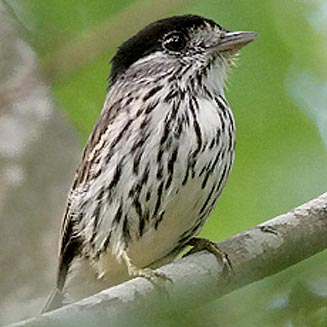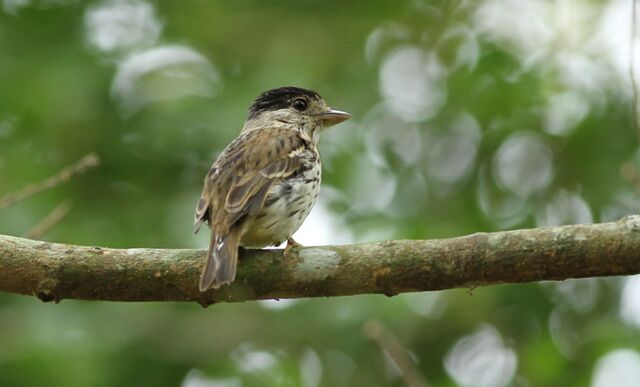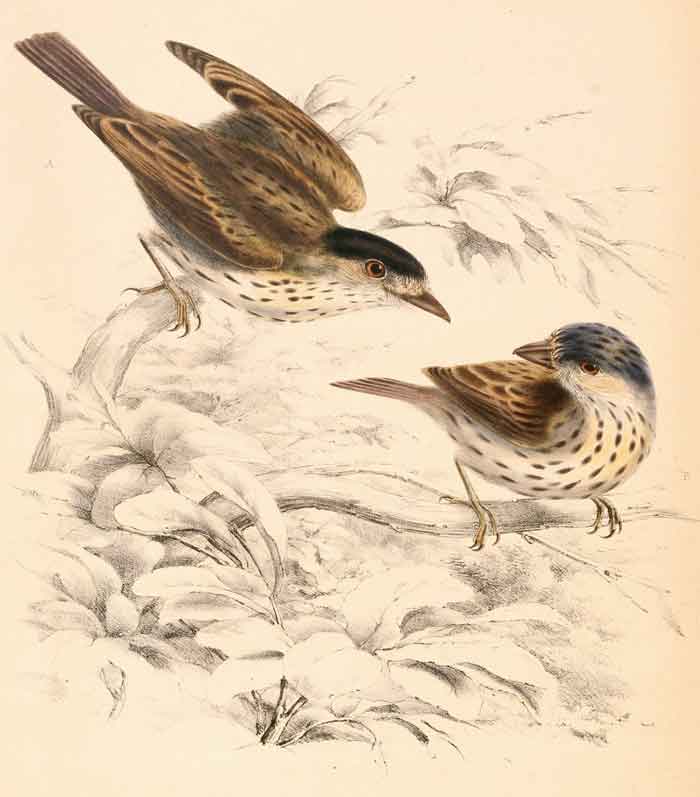The Smithornis Capensis Chyulu: A Unique Avian Gem Of The Chyulu Range
Share
The Smithornis capensis chyulu, commonly known as the Chyulu African Broadbill, is a fascinating bird species that belongs to the family Eurylaimidae within the order Passeriformes. This subspecies is endemic to the Chyulu Range in Kenya, where it thrives in the unique ecological conditions of this mountainous region. In this article, we will explore the taxonomy, physical characteristics, habitat, diet, behavior, reproduction, and conservation status of this remarkable bird.

Taxonomy
The Chyulu African Broadbill is classified as follows:
- Order: Passeriformes
- Family: Eurylaimidae
- Suborder: Eurylaimi
- Subfamily: Eurylaiminae
- Species: Smithornis capensis
- Subspecies: chyulu
First described by van Someren in 1941, this subspecies is noted for its limited range, confined to the Chyulu Range at elevations around 5000 feet. It is considered to be doubtfully distinct from the nominate subspecies, S. c. capensis.
Physical Characteristics
The Chyulu African Broadbill exhibits striking physical features that make it easily recognizable. It has a robust body, a short tail, and a broad, flat bill that is characteristic of the Eurylaimidae family. The plumage is predominantly green with hints of yellow and brown, providing excellent camouflage among the foliage of its habitat.

Habitat
This subspecies is primarily found in the montane forests of the Chyulu Range, which is characterized by dense vegetation and a rich diversity of flora and fauna. The altitude and climate of this region create a unique habitat that supports the Chyulu African Broadbill. The bird prefers areas with thick undergrowth, where it can forage for food and find shelter from predators.

Diet
The diet of the Chyulu African Broadbill primarily consists of insects and other small invertebrates. It forages by gleaning food from leaves and branches, using its broad bill to catch prey. This feeding behavior plays a crucial role in controlling insect populations within its habitat, contributing to the ecological balance of the montane forest ecosystem.

Behavior
The Chyulu African Broadbill is known for its distinctive vocalizations, which include a series of melodious calls that resonate through the forest. These calls are used for communication between individuals, especially during the breeding season. The bird is generally solitary or found in pairs, and it is often seen perched quietly on branches, scanning its surroundings for potential threats or food.

Reproduction
Breeding behavior in the Chyulu African Broadbill is not extensively documented, but like other members of the Eurylaimidae family, it is believed to build a cup-shaped nest in dense vegetation. The female typically lays a small clutch of eggs, which she incubates while the male may assist in guarding the nest. The young are altricial, requiring care and feeding from their parents until they are ready to fledge.
Conservation Status
The conservation status of the Chyulu African Broadbill is not well-defined, but habitat loss due to deforestation and agricultural expansion poses a significant threat to its population. Conservation efforts in the Chyulu Range are essential to protect this unique subspecies and its habitat. Birdwatchers and conservationists are encouraged to support local initiatives aimed at preserving the montane forests of Kenya.
Birdwatching Tips
For birdwatchers interested in observing the Chyulu African Broadbill, the Chyulu Range offers a prime location. Here are some tips for a successful birdwatching experience:
- Timing: Early morning or late afternoon are the best times to spot this bird, as it is most active during these hours.
- Equipment: Bring binoculars and a camera with a good zoom lens to capture the bird's beauty from a distance without disturbing it.
- Patience: Be prepared to spend time quietly observing the surroundings, as the Chyulu African Broadbill can be elusive.
- Guided Tours: Consider joining a guided birdwatching tour to increase your chances of spotting this unique species and to learn more about its habitat.
The Chyulu African Broadbill, with its vibrant plumage and melodious calls, is a testament to the rich biodiversity of the Chyulu Range. Protecting this unique subspecies is vital for maintaining the ecological integrity of its habitat and ensuring that future generations can appreciate its beauty. As we continue to explore the wonders of avian life, the Chyulu African Broadbill stands out as a symbol of the delicate balance within our ecosystems.